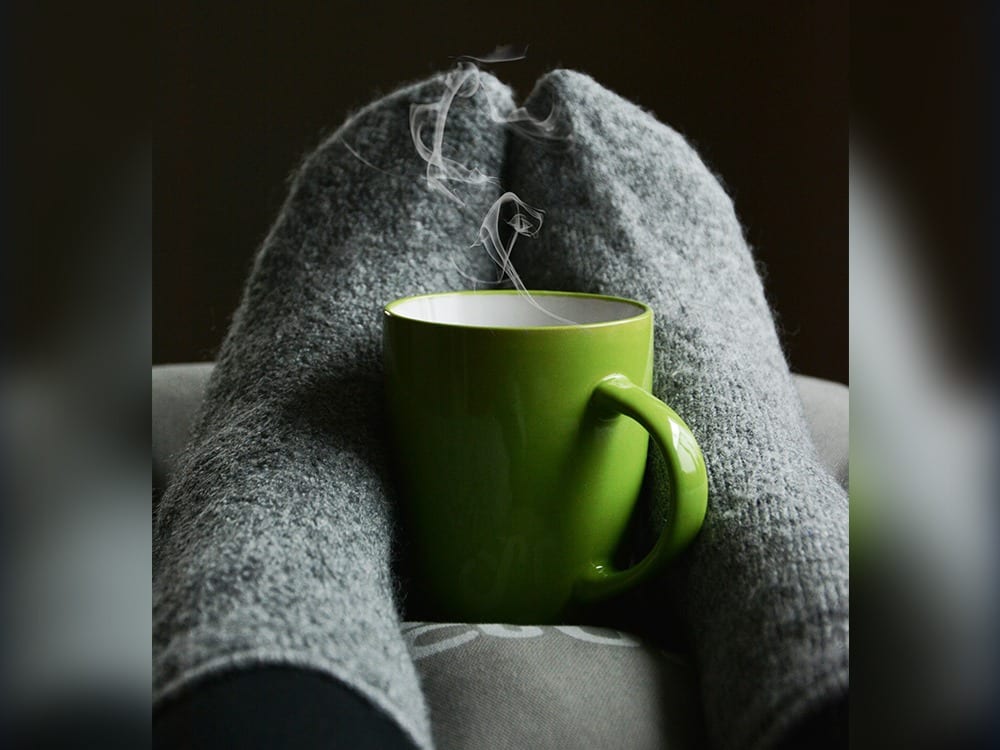Adam Chapman and Patrick Wheeler of VitoEnergy Ltd in Aldershot offer their tips on how to keep your home warm & safe in the colder months
As the really cold weather approaches, our thoughts turn to dark nights and layers of clothes. On the home front, none of us want to wake up or come home to no heating or hot water – things we take for granted but when not working become an immediate emergency! Prevention is better than cure – here are some top tips to ensure your home functions well throughout the cold months.
● Check the room thermostat: Test the temperature accuracy of the room thermostat
by having an aquarium or kitchen thermometer next to it for an hour then click the dial up (or down if it’s on) to look for the position at which the click happens. You can make sure the heating comes on and runs around the radiators.
● Check the program times: Set the morning heating a little earlier so the radiators can heat rooms for longer. Hot water is often prioritised over heating so when the cylinder is regenerating the heating will be either off or reduced. Setting the hot water earlier will allow the stored tank to warm up before the heating is needed.
● Test the smoke and carbon monoxide alarms: Check alarms are in date, placed correctly and have been tested. Make sure they all have batteries in.
● Radiator bleeding: Check them for air with a radiator key, feel around the front for cold spots to see if this is necessary. If the radiator has cold spots and doesn’t have air when you bleed it then you likely have some sludge build up and will need to call an expert to flush the system.
● Frozen condensate pipes: One of the most common winter call-out is due to poorly insulated pipes. When boilers are installed they (as of 2005) are required to be condensing, so flue gasses run at low temperature to reclaim latent heat. If the pipe outside has frozen thaw the ice plug with boiled water. There is no way of knowing if the condense is frozen other than the boiler showing a fault or not working, if you think your outside condense pipe is at risk of freezing then it is worth checking.
● Home insulation: Loft insulation is the cheapest way to reduce heating bills. For a relatively small initial cost you have years of savings, there are grants available for older and low-income homes.
● Boiler thermostat: If you have an older boiler and control, or a non-modulating controller, like Hive then this is a useful way to increase the heat output of the boiler or conversely save energy.
● Professional service and safety check: Although there are many things you can do yourself, you must use a Gas Safe registered installer to open and check the boiler or other gas appliances.












Comments